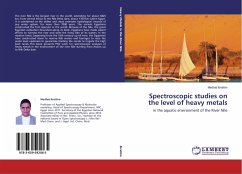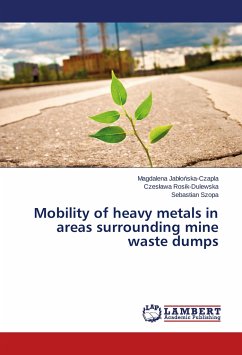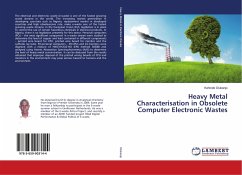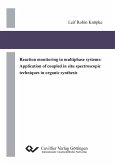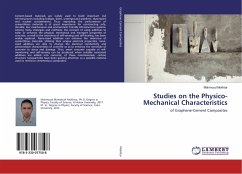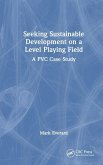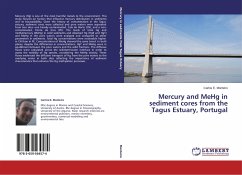The river Nile is the longest river in the world, extending for about 6825 km, from central Africa to the Nile Delta dam, about 1350 km within Egypt. It is considered as the oldest and most extensive hydrological records of any water system, for more than 7000 years. The ancient Egyptians constructed the first reservoir in the world. Because of the Nile, the great Egyptian civilization flourished along its bank. Egyptians have made valiant efforts to harness the river and stem the rising tide of its waters. In the modern times, beginning from the 19th century up till now, the Egyptians have constructed dams to reserve Nile waters and barrages to raise the water level upstream to guarantee feeding the canals to irrigate the high level lands. This book presents PhD work for spectroscopic analyses of heavy metals in the environment of the river Nile starting from Aswan up to Nile Delta dam.
Bitte wählen Sie Ihr Anliegen aus.
Rechnungen
Retourenschein anfordern
Bestellstatus
Storno

